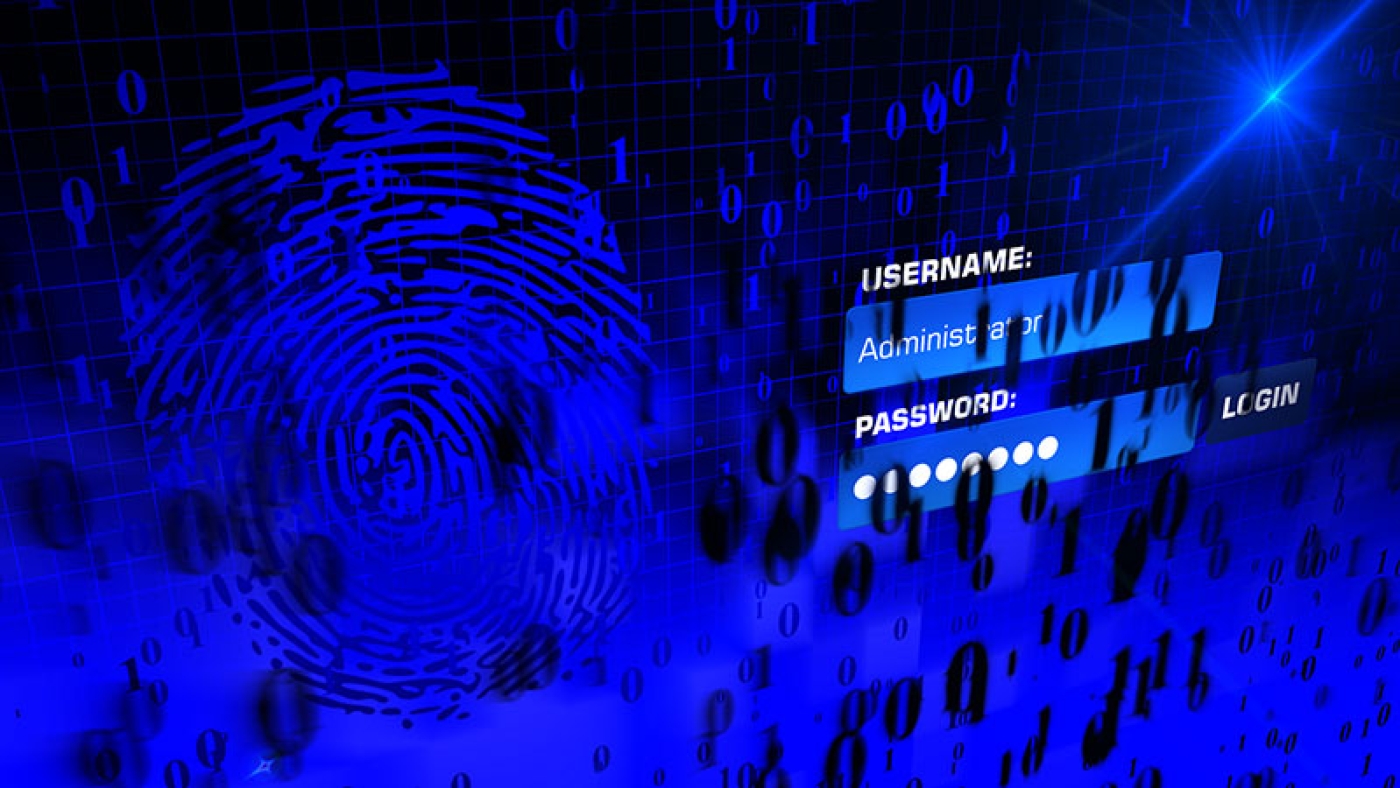Having a strong password is very important but it’s just the initial practice to avoid the cyberattack. However, here comes the list of some good habits that you should work on to keep your personal data more protected.
Use different passwords for each account
You should create different passwords for all the accounts and try not to use similar passwords to any previous ones once you need to make the change. It’s harder for the hacker to steal your data if you have unique passwords.
Update your passwords at least every 6 months
Since the passwords usually contains a fixed length as requirement, this makes easier for the hacker to guess and crack the passwords if you don’t change the passwords regularly. Due to this fact, we highly recommend you to update your existed passwords every 6 months and even schedule the reminders on your calendar.
Don’t ever think about writing down the passwords
Although you are able to create a strong password, writing it down on the paper or sticky note is a big No to do. It’s just the same dangerous as using a weak easy-to-remember password. Many surveys related to this topic show the result that many people tend to write down their passwords and even keep them near the computers. We should honestly tell you it’s not safe even you hide them under the mousepad! In the case that you really need somewhere to keep the passwords, you should try those well-known password manager tools and save it with a USB stick for major protection.
Don’t share the passwords with anybody
You don’t share your passwords with anyone even your family or friends because your passwords are top privacy data.
Don’t send email with passwords
Some people may use the technique to send themselves the emails with passwords included in order to store all the passwords within the mail box. However, it’s quite risky because once your email box is hacked, all your passwords will be found and stolen which may involve a big personal loss.
Change your passwords immediately if you detect any suspicious movement
Although you just feel suspicious that someone may have stolen your passwords, don’t doubt and take the action to alter your passwords immediately because every minute is valuable to avoid the harm.
Don’t do “Remember the password” without setting up a master password
If you like your frequent used browser to remember the passwords for you, don’t forget to set up a master password first to protect your data.
Avoid typing your passwords on any devices that are not yours
This is especially important while you need to access your bank accounts. Any hacker is capable to log all the keystrokes and catch every single word you typed to steal your passwords when you use other people’s devices to key in sensitive information.
Image by Thomas Breher from Pixabay
